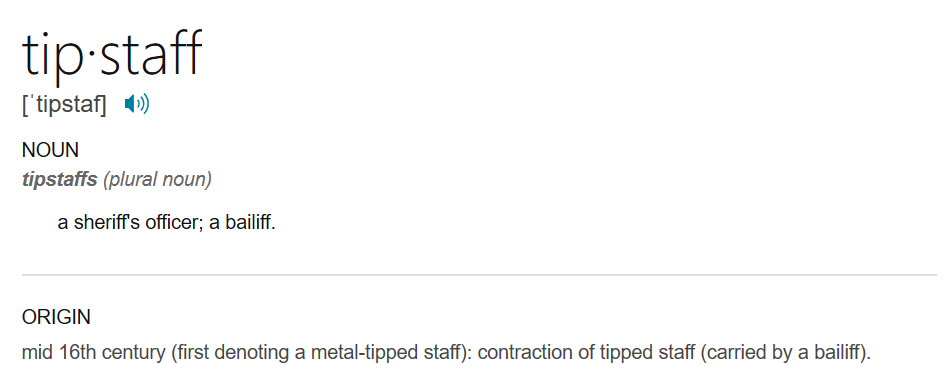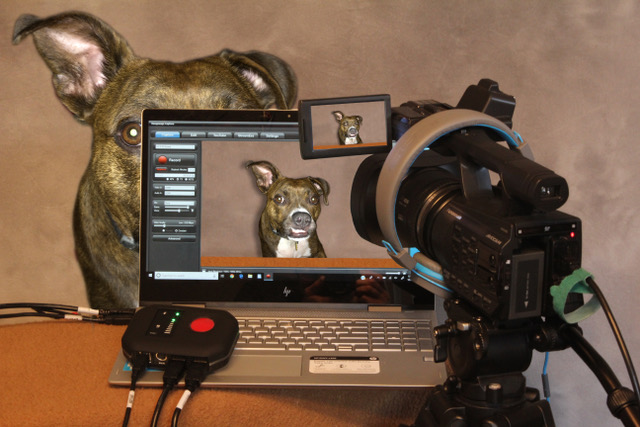One of the many things I like about my job is greeting out-of-town attorneys to the Philadelphia area. One of the challenges is making sure I meet the guideline/standards imposed by the court where the case is filed. One unique local rule is for trial depositions in Pennsylvania courts called Rule 4017.1 – Objections at Videotape Depositions.
- When counsel makes an objection, he or she shall merely state the word ”objection” and request that the video operator stop the videotape. Any arguments on objections shall be made on the written transcript but off camera.
- Once the video is stopped, counsel should first summarize the reasons for the objection in a word or phrase. Counsel may then proceed with argument on the transcript and off the camera or may merely state the summary grounds for the objection.
- Counsel shall review the transcript together before presentation to the trial judge to resolve whatever objections can be resolved. They shall present to the judge a list by page and line of the objections that still need rulings at the time of the pretrial conference.
This is a nice way to keep the video record clean and preventing the jury from hearing the reason for objection and any ensuing argument or disagreement. After all, tempers could flare during this stressful process, and no attorney wants the jury swayed by a momentary lapse of judgment.
Since these type of depositions are being utilized in lieu of the witness testifying live in the courtroom, objections made during the deposition usually are not heard by the judge until right before playback for the jury.
Out of the jurors’ ears, the attorneys state their objections and arguments for the judge, who makes the rulings on the spot. If objections are sustained and testimony is stricken, a transcript with those deletions is provided to the videographer.
The videographer is then presented an even more pivotal role … preventing the jury from hearing testimony that has been deemed inadmissible. Should the video operator miss an edit, and argument for mistrial could be plausible. And that, my friends, is a problem.

Heard in depo:
Q: Is there anything else you and your mom used to do
that you don’t do now since the accident?
A: Boar hunting.
((( hmmmmm… )))
FYI
Pennsylvania was one of the first states to authorize videotape depositions. Although adopted in April, 1973 as part of a two-year experimental program, the rule appears to work.

History of the courts: Tipstaff
The position mostly exists outside the United States. In Ireland, according to legalgenealogist.com, a judge in Ireland has a personal assistant in court called a tipstaff. He or she wears a black gown and when he or she is in court, he or she usually sits on a chair at one side of the judge and announces the arrival and departure of the judge from the courtroom whilst holding a long wooden staff. The Supreme Court of Victoria, Australia, also still employs a tipstaff who provides courtroom and administrative support but is not required to be legally qualified. And in England, the tipstaff is an officer of the court whose duties involve the enforcement arrest warrants. In the United States, the term is rarely used, except in Pennsylvania.
So what does a Pennsylvania tipstaff do? A 2012 court job posting in Philadelphia said the tipstaff “performs entry level escort, announcement, and ceremonial work in a court of law to ensure courtroom decorum, compliance to courtroom procedures, and facilitates the overall function of the court during legal activities.”
It then listed what it called essential functions:
- Prepares the courtroom prior to proceedings
- Opens court by reciting standard announcements
- Maintains order in the courtroom at all times
- Swears in defendants
- Maintains and accounts for all case files listed for trial
- Maintains a daily total sheet for all case files
- Provides limited courtroom security
- Checks bags and packages of persons entering courtroom
- Verifies emergency phones are working
- Ensures that all forms, subpoenas, payment plans and orders issued by the presiding judge are complete
- Locks all courtrooms when not staffed
- Ensures that all cases are properly signed, priced and adjudicated correctly
- Ensures that all cases are disbursed to the Court Listings Department for disposition
- Assures the integrity of the proceedings
- Assures that all parties required for trial are present
- Maintains all necessary records as indicated by current courtroom procedures
- Escorts defendants to the disposition area
- Carries out the orders of the judge and assists with miscellaneous duties

